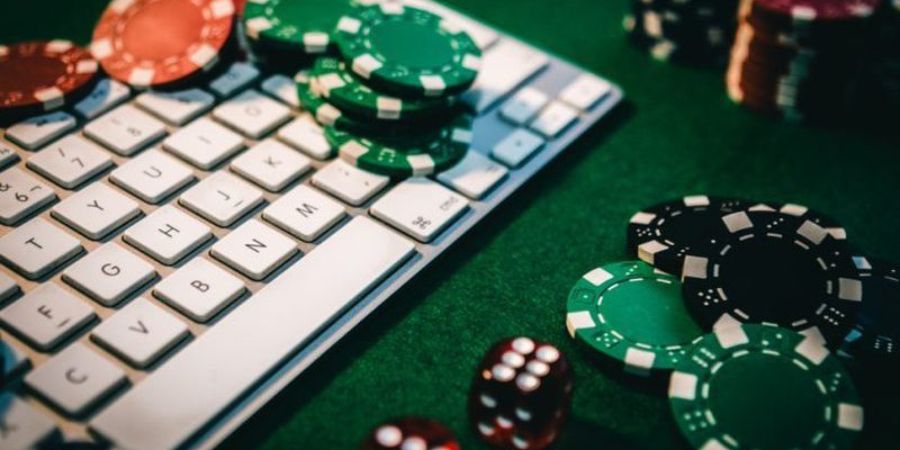

Tilt is the psychological effect on the poker players when the game does not go as planned. This is also termed as downsizing. A player may hit a considerable downsizing when he suffers a bad bet in a tournament or by an opponent at a local casino.
Most players refer to tilt as an emotional reaction to events that occur during the game. But that is not entirely correct. We generally hold onto an emotional suitcase based on the events that we've come across during the day. Such moving pieces of baggage accumulated throughout the day impact a person's level sentiments at the poker table. As a result, it is important to check one's emotional and mental state before they begin to play. This means that your ability to make decisions and think clearly should not be compromised. Keeping in level with your emotions will help control tilting during the game, as it is always lurking at the back of your mind.
Tilt occurs gradually. Some players understand that their cards won't always be secure and might become a bad bet. Players feel the tilt seeping in when such bad bets occur multiple times over a short period. Each player has their own set of emotional triggers that could include bad bets as mentioned above, which could induce anger or long spells of dead cards that can cause frustration.
To be aware of if you are on the tilt spectrum, you need to observe and make a note of your reactions when a trigger event occurs. If the trigger event compelled you to pass a snarky comment or criticize another player's move, you are very much in the tilt spectrum. So anytime that you become aware that you're making a particular play for an emotional reason then you are on tilt.
A tilt can last a month and longer, or it can just last for a brief moment during a particular hand. Sometimes it may also continue until you quit the game because either you have lost or you have run out of chips or money.
All poker players have been in the spectrum of tilt due to fluctuations of luck in the game. Some tilt more than the others. Professional poker players are more immune to tilt as they season themselves to stay active and aware of their reactions in every play.
Tilt quickly gives away one's masqueraded expressions. If the tilt lasts for a short period, it doesn't affect your play to a great extent if you are aware and can control it. But the longer the tilt lasts, the more it is evident that you will lose a significant piece of your money.
If you feel that your emotions are driving your actions, take a break from the table, and try focusing your mind on something else. When you are rejuvenated and ready to play, avoid looking back at your hand history and start over a clean slate.
Checking your hands
If bad bets and dead cards is a trigger, try going back to the basics and keep in mind the winning probabilities with a hand like yours. Understanding winning possibilities with your own hands do it make it easier to stomach the bad bets.
It hs been said that music results in lesser anxiety and lower levels of cortisol. Listening to music when playing will help you keep calm and keep tilt at bay.
If you have tried the above and still feel like the emotions are taking over, consider quitting the game for some time. Knowing when to stop is a hard decision for many players. It is never a bad idea to leave the game if you feel like you are in tilt mode.
Thus, the best way to avoid tilt is to recognise what causes it and then find a way to keep it at bay. The more you stay in control of your emotions, the more successful will you be at the table
